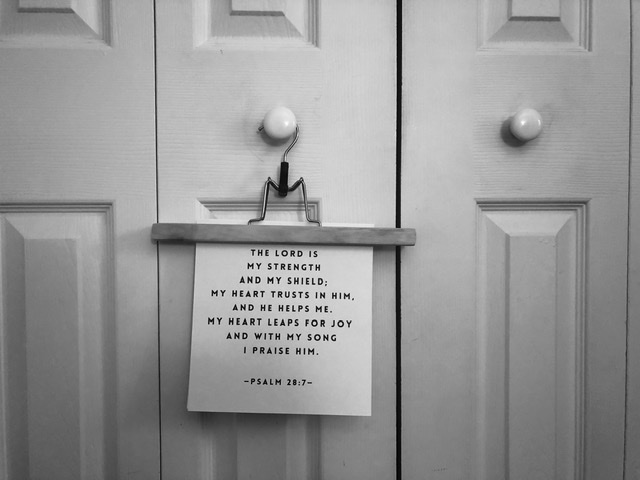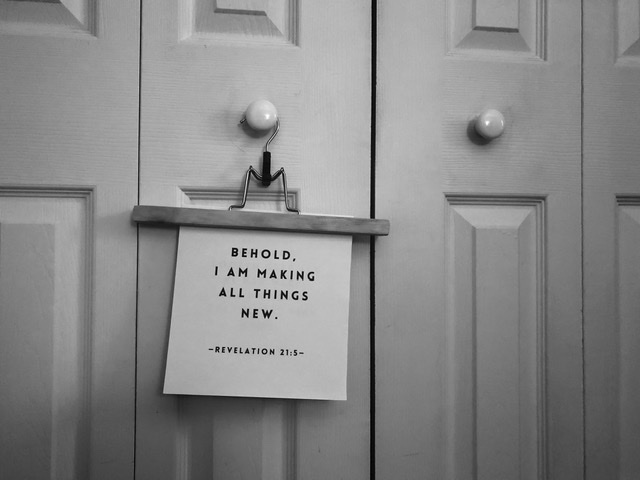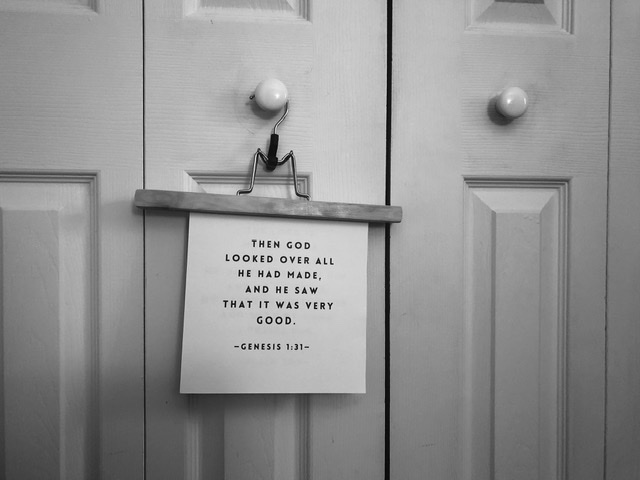Love bears all things, believes all things, hopes all things, endures all things.
1 Corinthians 13
I’ve been meditating on this sentence for the past month, conflicted by what I’ve always thought it to mean, what I want it to mean, and where it intersects with a messy world. I’ve longed for clarity, or rather to be able to neatly package an understanding of unconditional love.
But I’m just not sure if such a package exists. The appeal of hard and fast, absolute rules makes sense. I appreciate the black and white simplicity of that path and the independence that that would permit us rather than the complicated work of learning to let God reveal to us in every situation, prompting with a whisper, “This is what love requires here.”
But the universal call, the purpose of our lives is tied up in our relationality. We were made for dependence on God and interdependence on one another. We were never made to be self-sufficient in our efforts to love. We were always made for dependence on God to reveal what love looks like. Love is not about perfection, but about the process of being perfected. We seek to love. Sometimes we get it right and we grow. Sometimes we get it wrong and we invite love into that mistake and we grow. It’s a journey of which we never fully arrive.
What I’ve found to be consistent is that love is always motivated by the good. But how do we come to a collective agreement about what is ‘good’? And what happens when my understanding of ‘good’ differs from the person I’m loving? I won’t pretend that I know how to answer those questions, but it would seem that the only place to begin is in asking that our understanding of good be brought into alignment with God’s understanding of good. Every day. Every moment.
The mystery of love beckons us back to dependence on God. When we seek to love more deeply, we inevitably find ourselves journeying back towards its source. And it’s within this context that we gain the perspective necessary to love well. We can see with greater clarity the good and life giving way, the way that Jesus taught us to seek in The Lord’s Prayer, “Not my will, but Yours be done.”


